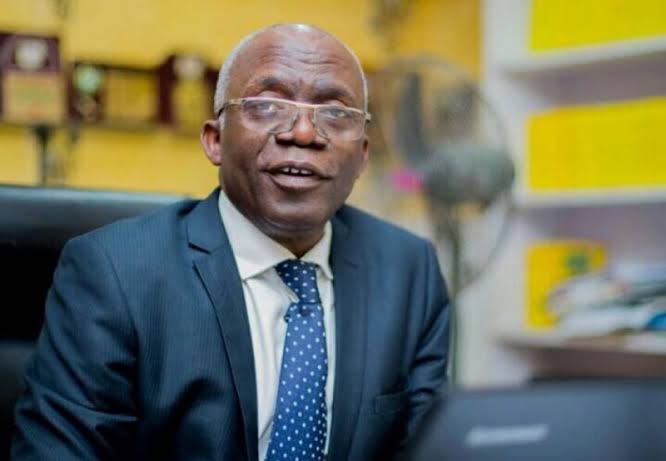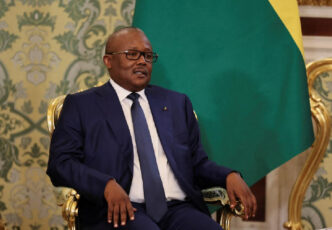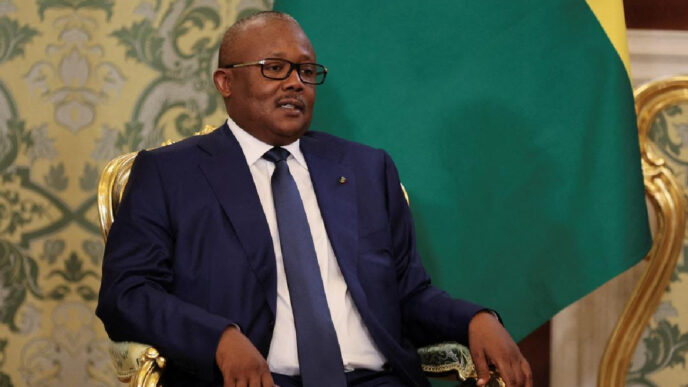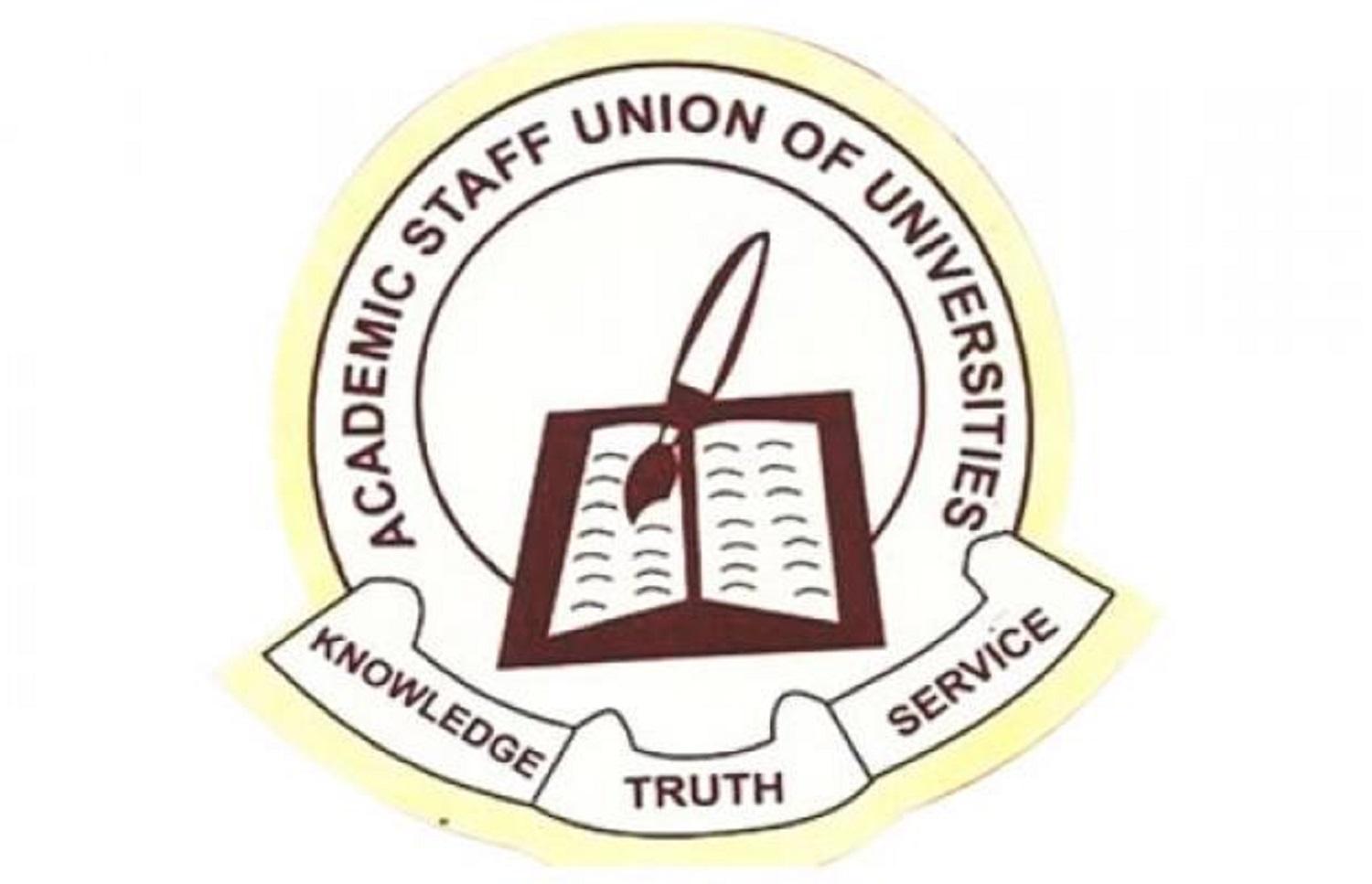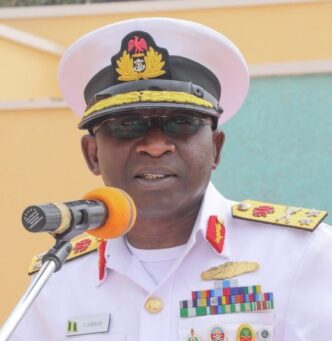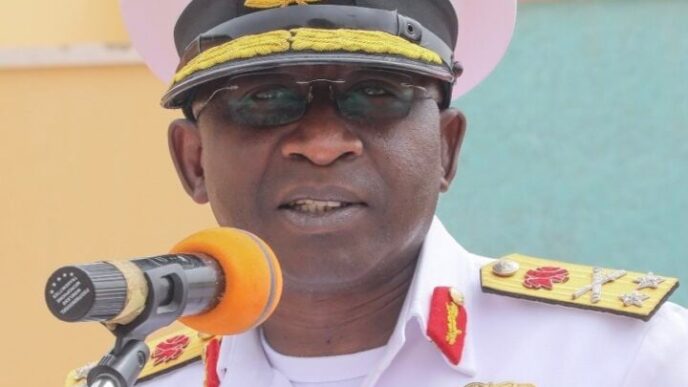Human rights advocate and Senior Advocate of Nigeria (SAN), Femi Falana, has criticises the recent presidential pardon granted by President Bola Tinubu’s administration.
Gatekeepers News reports that speaking during an interview on Arise Televisionmonitored by Daily Post on Friday, Falana said the inclusion of certain undeserving individuals, including those recently convicted of serious crimes, had subjected Nigeria to public ridicule.
According to him, the entire pardon process was fundamentally flawed, as it ignored the constitutional procedures guiding the exercise of such executive powers.
He said, “It is not the first time that this exercise has been mishandled, but this time around, the country was exposed to odium, and there was no basis for it. Those who were not deserving of pardon were recommended for pardon.”
Falana cited an instance of a person who had been prosecuted by the Economic and Financial Crimes Commission (EFCC) for 11 years and convicted in April 2025, yet appeared on the pardon list.
He further noted that several offenders convicted under state laws were also included, in violation of Section 212 of the 1999 Constitution, which grants only state governors the power to pardon such individuals.
The SAN said, “By virtue of Section 212 of the Constitution, only the governor of a state can pardon people convicted for stealing, obtaining by false pretence, murder or culpable homicide. But all those names were there.”
Reacting to the Federal Government’s claim that the list had been reduced from 175 to 35 names, Falana maintained that the issue was not about the number but about the credibility and legality of the entire process.
He said, “It is not enough to say we have reviewed the list and reduced it. The government owes itself a duty to ensure that such colossal embarrassment does not occur again.”
The senior lawyer called on the Attorney-General of the Federation to publicly apologise to Nigerians over what he described as a poorly executed and shameful episode.
He added, “The very least the Attorney-General can do is to apologise. It is not done that way.”

